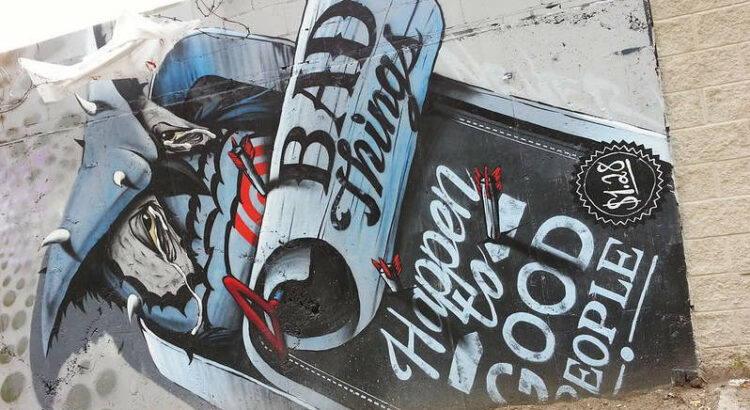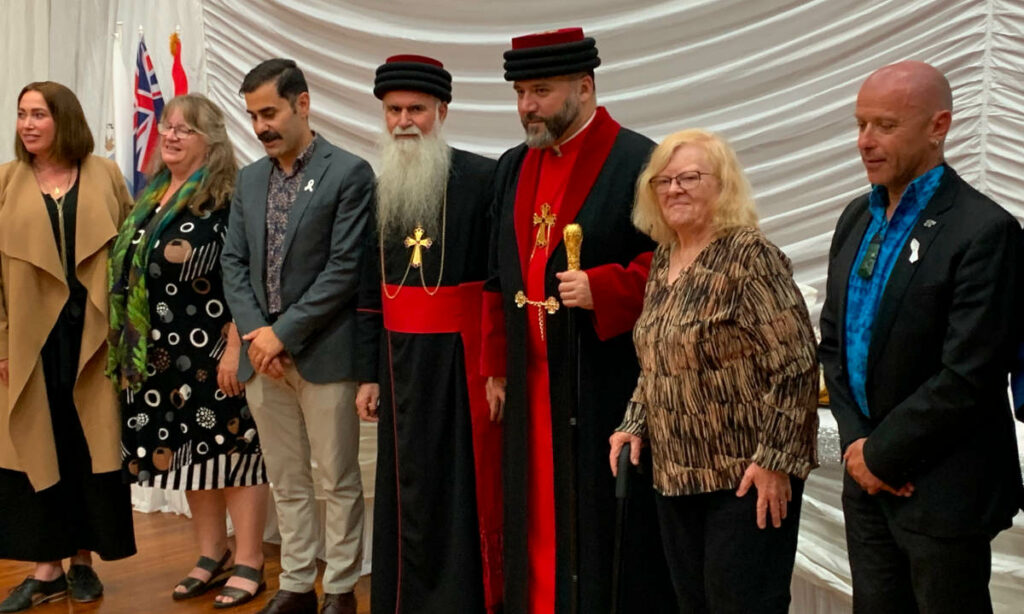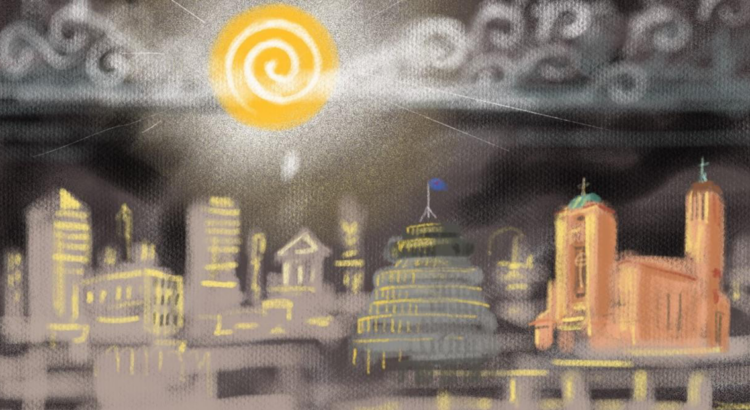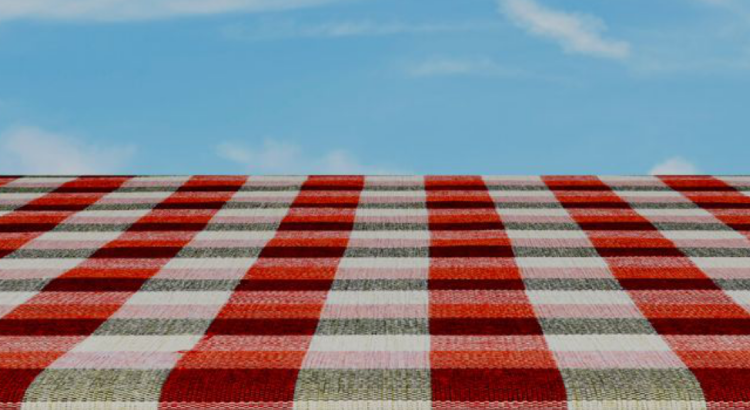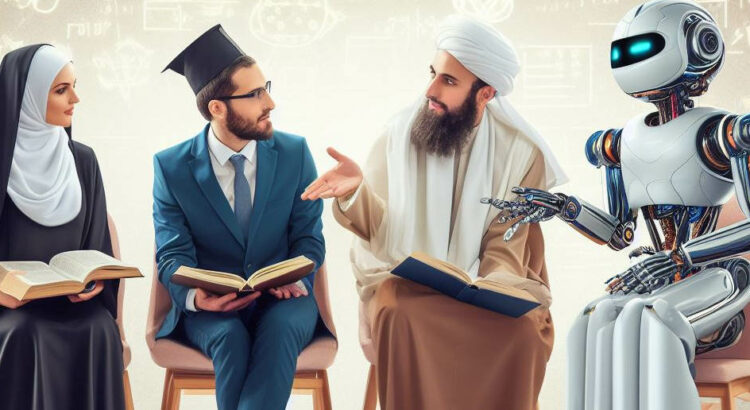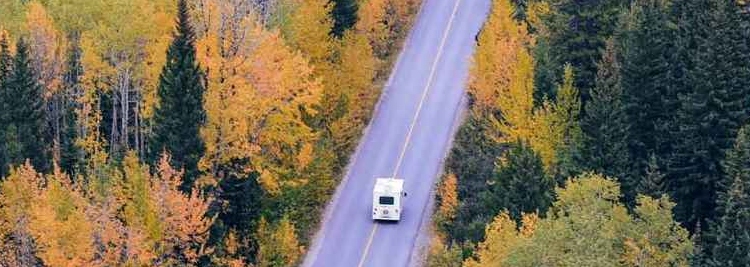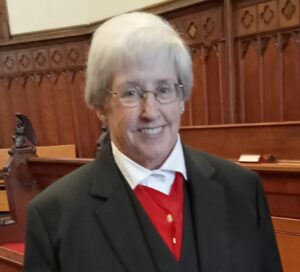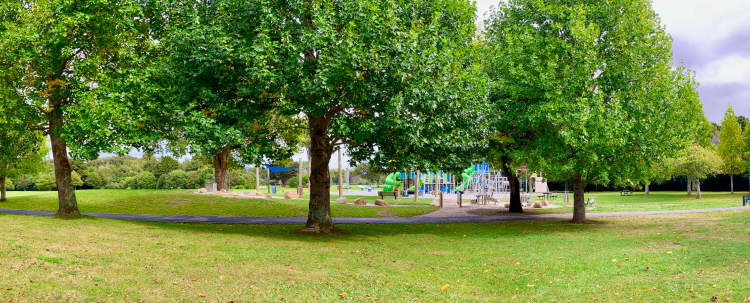20 October 2023
This is a moment of deep pain in the world. Since the events of 7 October in Israel and Gaza, we have seen exploitation of the crisis to spread hate, disinformation and extremism overseas and here in Aotearoa New Zealand.
Let us be unequivocally clear:
We the undersigned reject all forms of hate and bigotry, including racism, Islamophobia, anti-Arab hate, and antisemitism. We are reminded that all of our communities’ safety and futures are inextricably linked – and we recommit ourselves to fighting racism, bigotry, and hate in all its forms.
The Torah commands us to “love your neighbour as yourself”.
The New Testament enjoins us to “love one another”.
The Quran teaches us that The Almighty has created different “peoples and tribes that we may know one another”.
We stand together with all of our neighbours under threat and urge our elected and community leaders, police, schools, universities, public institutions, employers and workplaces to make clear that there will be zero tolerance for any act of hate.
L’shalom, Salaam, Kia tau te Rangimārie – towards peace and justice in our world.
The Wellington Abrahamic Council of Jews, Christians, and Muslims
If you or your organisation would like to endorse this statement, please contact us and we will add your name to this page.
Endorsed by the following organisations:
Anglican Association of Women, Wellington Diocese
Anglican Council for Ecumenism
Anglican Diocese of Auckland
Anglican Diocese of Christchurch
Anglican Diocese of Dunedin
Anglican Diocese of Waiapu
Anglican Parish of Gate Pa
Anglican Parish of Otago Peninsula
Auckland Hebrew Congregation
Auckland Interfaith Council
Beth Shalom: The Progressive Jewish Community of Auckland
Canterbury Hebrew Congregation
Dunedin Abrahamic Group
Dunedin Jewish Congregation
Dunedin Monthly Meeting of the Society of Friends
EarthDiverse
Ecology Justice and Peace Commission, [Catholic] Archdiocese of Wellington
Ephesus Group, Wellington
Federation of Islamic Associations of New Zealand
He Whenua Taurikura Trust
Humanity Matters
Holocaust Centre of New Zealand
Jewish Professionals of Wellington
Justice, Peace, and Development Group, Otari Catholic Parish
Lady Khadija Trust
New Zealand Jewish Council
Pearl of the Islands Foundation
Religious Diversity Centre Aotearoa New Zealand
Religious Society of Friends (Quakers) in Aotearoa New Zealand, Te Hāhi Tūhauwiri
Roadworn Upcyclers Inc
Sh’ma Koleinu – Alternative Jewish Voices (NZ)
St John’s in the City Presbyterian Church
Tāhono Inclusive Aotearoa
Tauranga Moana Interfaith Council
The Inayatiyya, Aotearoa NZ
The Starfish Collective
The Third Order Society of Saint Francis, Province of the Pacific
Union for Progressive Judaism
Wellington Progressive Jewish Congregation / Temple Sinai
Youth Leadership Council | Ngā Rangatahi o Māramatanga
And:
The Reverend Canon Katie Lawrence, Acting Dean and Canon Precentor, Wellington Cathedral of St Paul
Kereama Pene, Head Ratana Church Apostle for Akarana Tamaki Makaurau Takiwa
Lawrence Kimberley, former Dean of Christchurch, Anglican Diocese of Christchurch
Nicola Grundy, Methodist Synod Superintendent for the Lower North Island Region
Canon Peter Stuart, Anglican Diocese of Wellington
Dr Tom Noakes-Duncan, Lecturer and Academic Director, St John’s Theological College
Mayor Tory Whanau, Welliington
… as well as many other private individuals.
